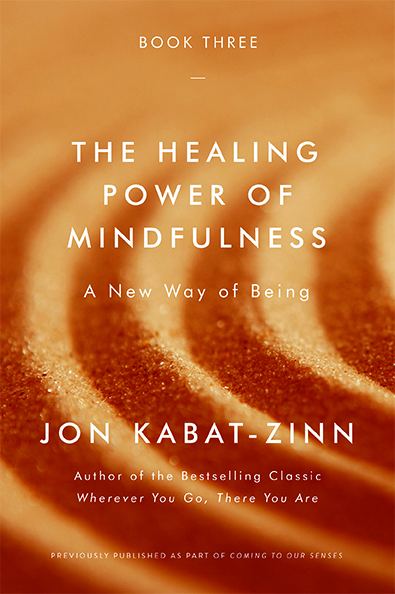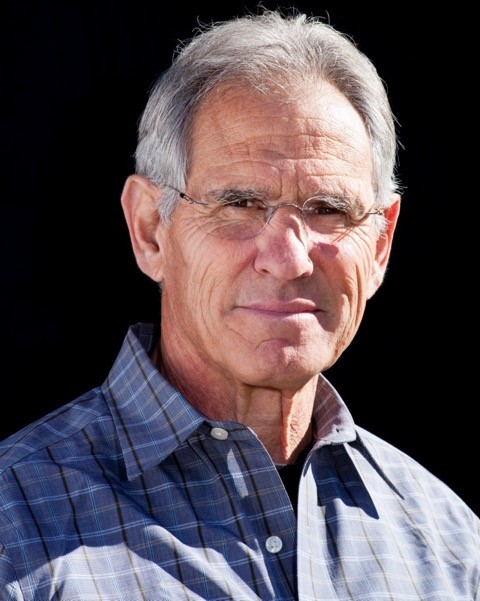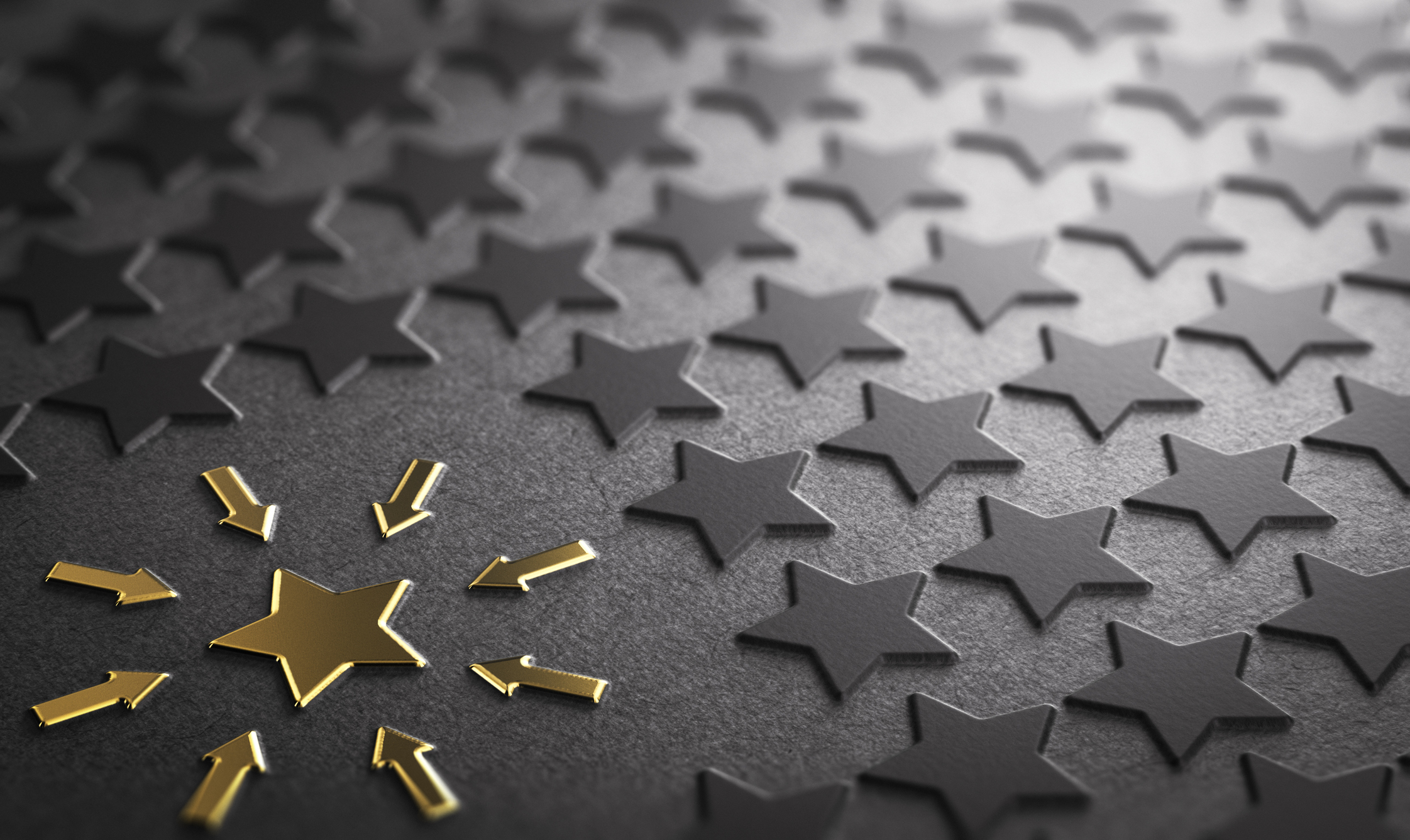We go from one thing to the next all day long, even when we are working. It might be checking your messages or e-mail, texting or instagraming or snapchatting, reading the newspaper, picking up a magazine, channel surfing on TV or YouTube, watching a movie on Amazon or Netflix, calling people, going to the refrigerator, turning on the radio as soon as we get in the car, running errands, compulsively cleaning up our living space, reading in bed, saying mindless things that are irrelevant in the moment but simply reflect the quasi-random thoughts that continually plague us. All these and more totally normal ways of spending our time, at least some of them necessary to keep our lives going and take care of what needs taking care of, can also be ways to keep ourselves perpetually distracted from being fully in the moment, fully awake.
If we start to pay attention to these impulses as they arise, we may find that we are virtually (all puns intended) addicted to distracting ourselves, so habitually do we float through our moments and fill them up with activity and stuff without landing in them.
We fill up our time and then wonder where it all went. We divert ourselves in all these ways, like a river can be diverted, then wonder—in those times when everything comes into some kind of greater focus for a moment or two—where we are in our lives and why we feel so far from the mark, so far from our deepest aspirations, from contentment, from peace, from really being at home within ourselves and in deep connection with others. We may wonder in such moments where our lives are taking us or why things aren’t somehow better and more fulfilling than they are, have a bad night or two, and then fall back into our habitual diversions, in large measure because they make us feel better in the short run, and they pass the time that otherwise might feel interminable, empty, scary.
Maybe, when it comes right down to it, we actually are afraid of having time, even as we complain that we never have enough of it. Maybe we are afraid of what might happen if we stopped interrupting ourselves or we stopped filling up all our moments, and instead just settled into now, even for a few breaths. Maybe we have exactly the right amount of time and we have forgotten how to be in wise relationship to it.
What would it be like to settle into your own body, into a sense of just being alive, even for a few moments, or say, five minutes at the end of the day, lying in bed or just sitting around in the evening, or at the beginning of the day, before you even get out of bed? What would that be like? You can find out of course, just by dropping in on yourself and purposely not filling the present moment up with anything, especially anxieties about the future and everything you “should” be getting done, or resentment about what has already transpired and hasn’t gone exactly as you desired. You can try being aware of it if such emotions do arise and start to churn away inside of you, especially in the form of impatience, anger, fear, worry, resentment, or sadness. You can play with seeing what it is like to linger with such feelings and just breathe with them for a tad longer than you are likely to think you can possibly stand it. And in such moments, you can always ask yourself whether your awareness of discomfort or agitation is itself uncomfortable or agitated. And, even when you are not agitated, you can always remember, say, when you are taking a shower to check and see if you are actually in the shower, or whether your mind is off someplace else filling itself up and forgetting to drop in on the here and the now—and feeling the water on your skin.
Even on vacation, we can fill up all our time seeking desperately to have a good time, only to wonder where it all went, or to come home feeling vaguely dissatisfied. We have the photos to prove we were there, but were we really? The “postcard from the edge” reads:
“Having a great time. Wish I were here.”
Someone once used that line in describing his experience at the end of a seven-day MBSR professional training retreat. It got a huge laugh because we were all so aware of how much the mind checks out by filling itself up. It is humbling to watch how much that happens, even when practicing meditation. Actually, especially when practicing meditation, because, of course, we see it much more clearly when we are watching the mind so carefully. Remember Basho (see Book 1, “Hearing”):
Even in Kyoto—
Hearing the cuckoo’s cry—
I long for Kyoto.
Even in solitude, even in pristine wilderness, it is easy to fill the time with longing, with reveries, with chores or various preoccupations, or with the desire for “sightseeing.” All these fluctuations in the mind and body may separate us from nature or from the matter at hand and have us anticipating what will be coming next, or caught up in memories or desires. The sightseeing mind may make it impossible to really see anything of interest or importance, or even the sights that you are privileged to see. You are always on the lookout for a better moment, a better view, a better experience. If you saw the bear cub, you weren’t close enough. Or perhaps you only saw the fluke of the whale, but missed seeing the whole of its body out of the water when it breeched.
In a moment filled with such thoughts, we may miss entirely the sound of the whale breeching, or of a fox barking. And we may miss the silence too, even the silence of pristine wilderness, because the mind is always too filled with its own noise to detect it. In this way, we can easily miss the present moment beyond the thought, beyond all compulsive need to be doing, to be someplace else, to seek something new and exciting, no matter how compelling to that acquisitive aspect of the mind, no matter how much we can rationalize our desires in terms of our momentary happiness or unhappiness.
We could even ask at such moments, “Who is it that needs something new and exciting?” and “What exactly is ‘excitement’ anyway?” And how will it end?
Lying back and watching clouds, bathing in birdsong or the desert breeze, feeling the air around the body, the heat coming off canyon walls, the play of light on stone; or feeling the muscles on the back of your neck tighten as you try to find a parking place downtown in a snowstorm when you are already late for an appointment, whatever is offering itself to you in the place where you find yourself—wilderness, metropolis, or suburb—why reject it and seek elsewhere for excitation and entertainment and distraction when life is always unfolding here and now, and there is no place better and no other time? What sense is there in self-distraction, when, like the diverted river or stream, it shunts us out of our lives and fills our perfect moments and our beautiful minds, difficult as they might be at times, with just what is not needed?
Could you possibly be here, wherever you are? With whatever is happening? Now?

From The Healing Power of Mindfulness: A New Way of Being, by Jon Kabat-Zinn, published by Hachette. Copyright © 2018 by Jon Kabat-Zinn.
Follow us here and subscribe here for all the latest news on how you can keep Thriving.
Stay up to date or catch-up on all our podcasts with Arianna Huffington here.


